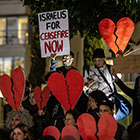
A Historic Junction
The Israeli left after October 7.


The Israeli left after October 7.

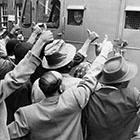
How we fight is who we are.
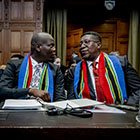
South Africa’s willingness to file a case with the International Court of Justice is a sign that the old tactics used to police discourse about genocide have lost much of their power.
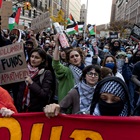
Federal law enforcement is under pressure to launch specious terrorism investigations into pro-Palestinian protesters on college campuses, based solely on their public statements.

In the annual mailbag episode, Matt and Sam answer listener questions about topics ranging from the influence of post-liberal intellectuals on the right to their favorite Willie Nelson albums.
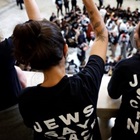
It is beyond our power to bring back those innocents whose lives have already been lost, but we can work to prevent the calamity that will surely follow if Israel continues to retaliate as it has so far.
The right to grieve is no less a human right than the right to live. If the left cannot recognize this, then it has learned nothing from the catastrophes of the last century.
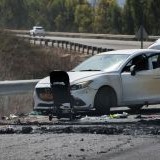
To hold everyone’s humanity—that is the task of the hour.

A free judiciary is a prerequisite for ending Israeli domination over the Occupied Palestinian Territories.

American officials are debating whether the United States should continue to back the Israeli government. A growing number of Israelis are uninterested in that support.
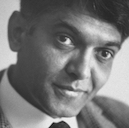
For peace advocates in South Asia, Ahmad’s grammar of cooperation provides a much-needed alternative to hypernationalist politics.
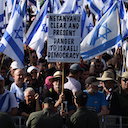
It is a mistake to ignore the connection between the attempted judicial coup in Israel and the occupation of the West Bank.
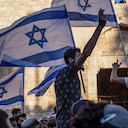
The backlash against the increasingly vocal demands for recognition and equality on the part of Israel’s Arab citizens has decisively shaped twenty-first-century Israeli politics.
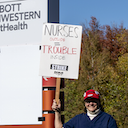
A mental healthcare provider discusses the pandemic’s effects on her work.